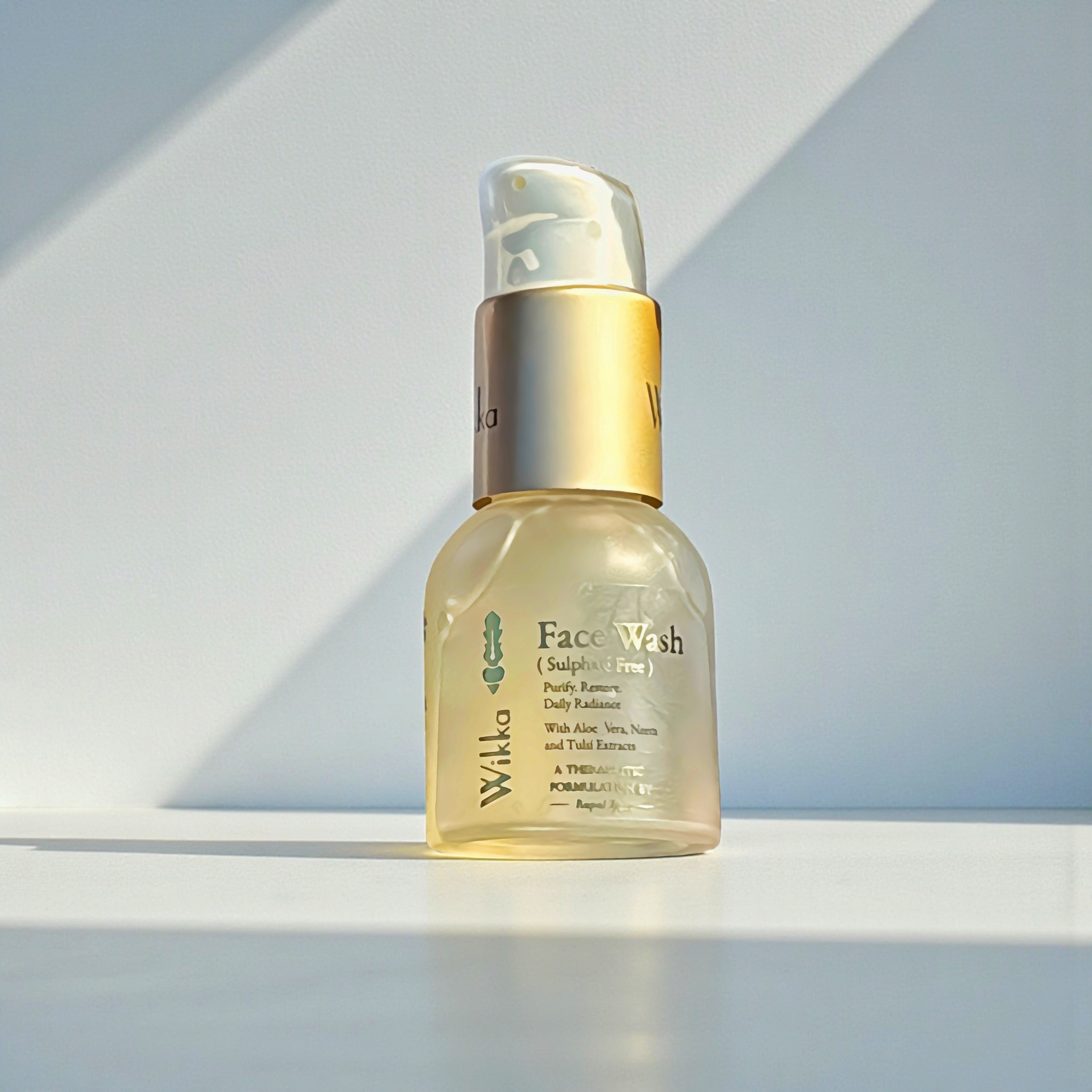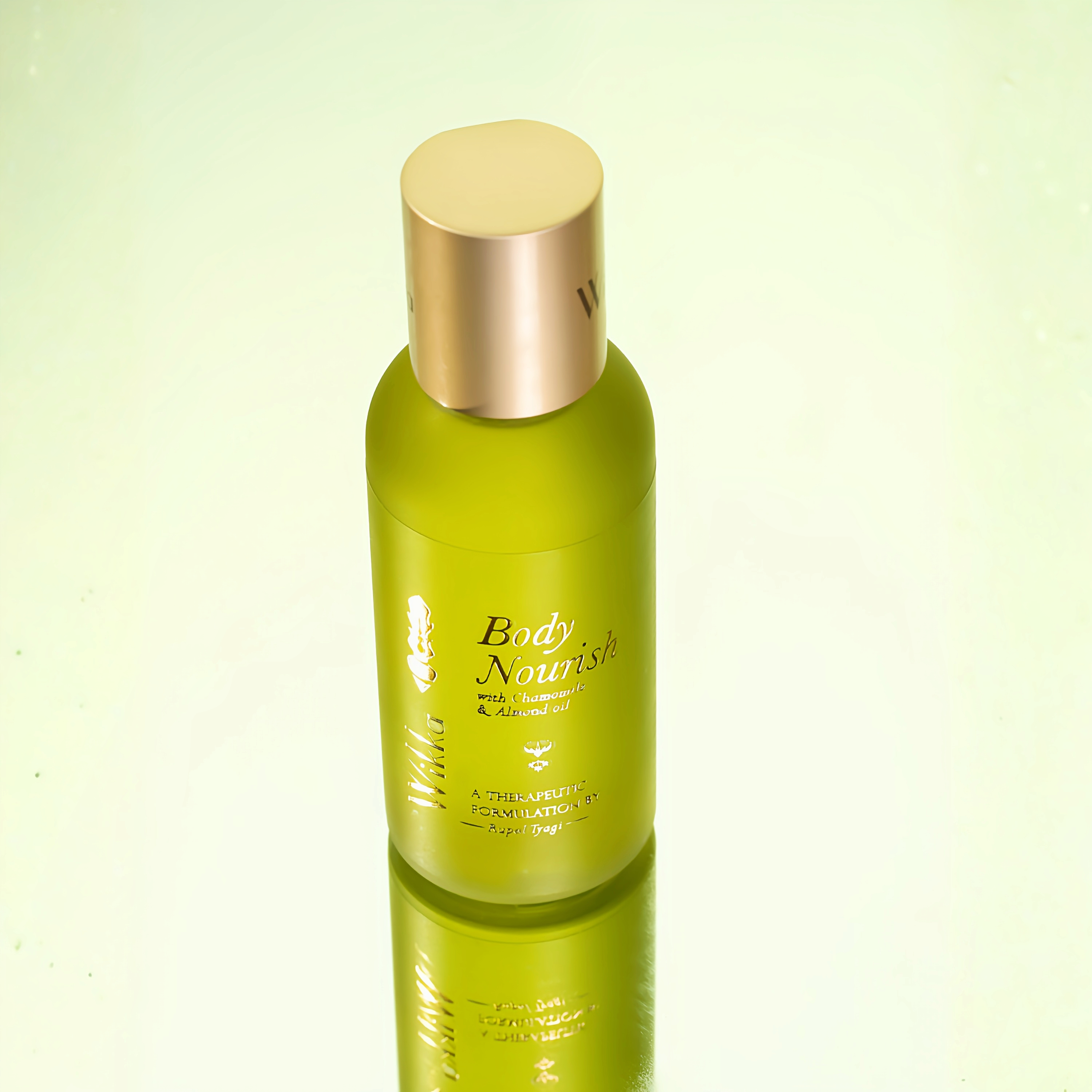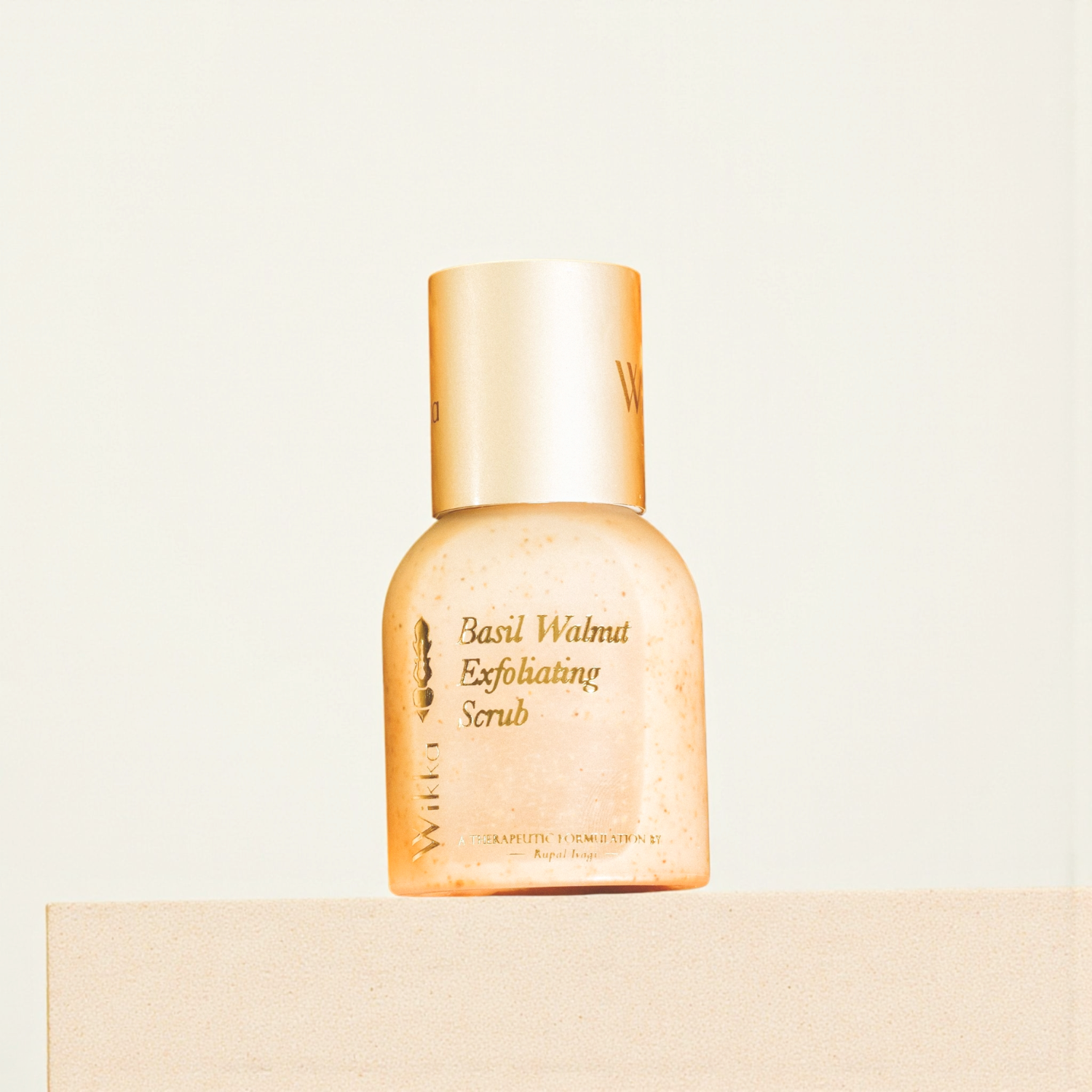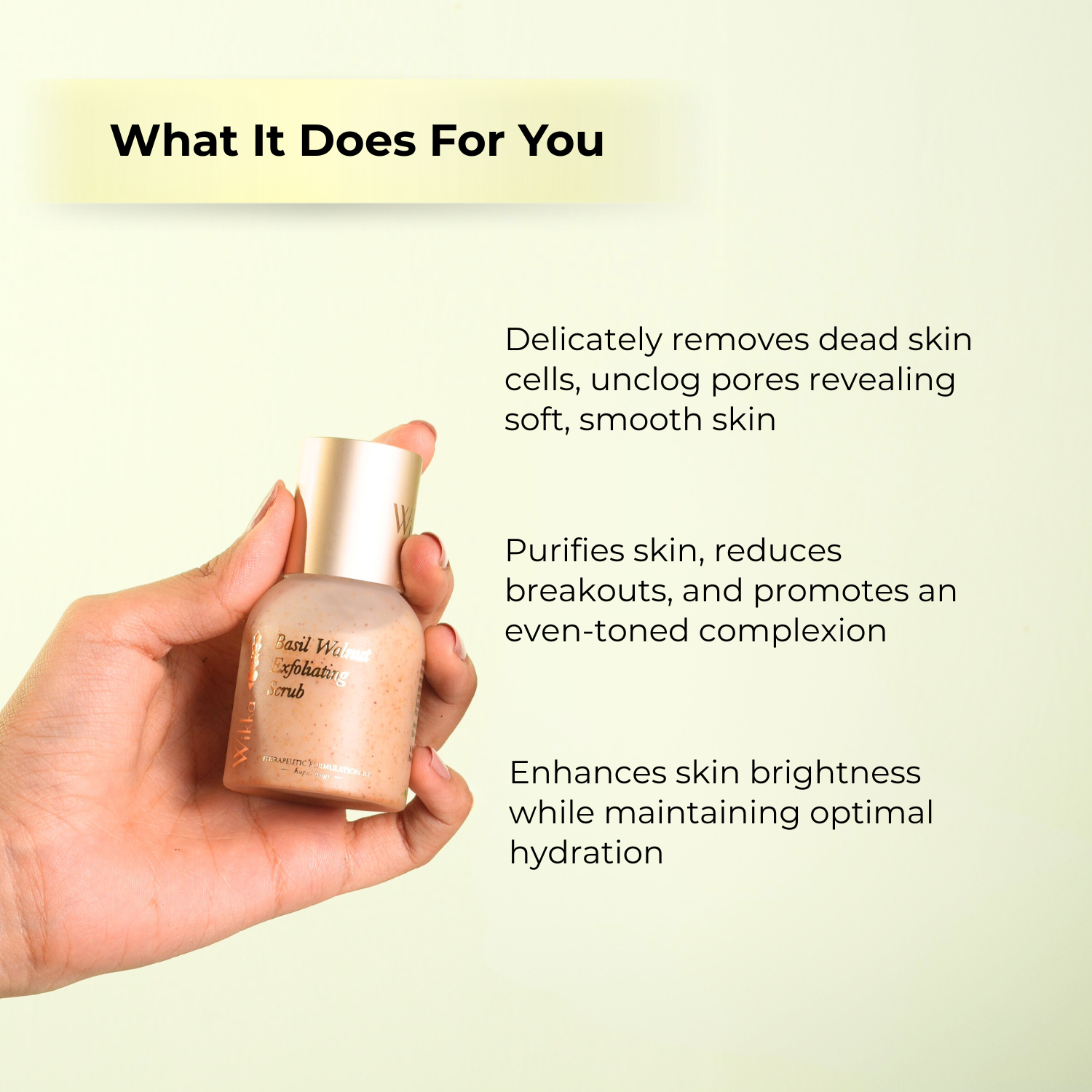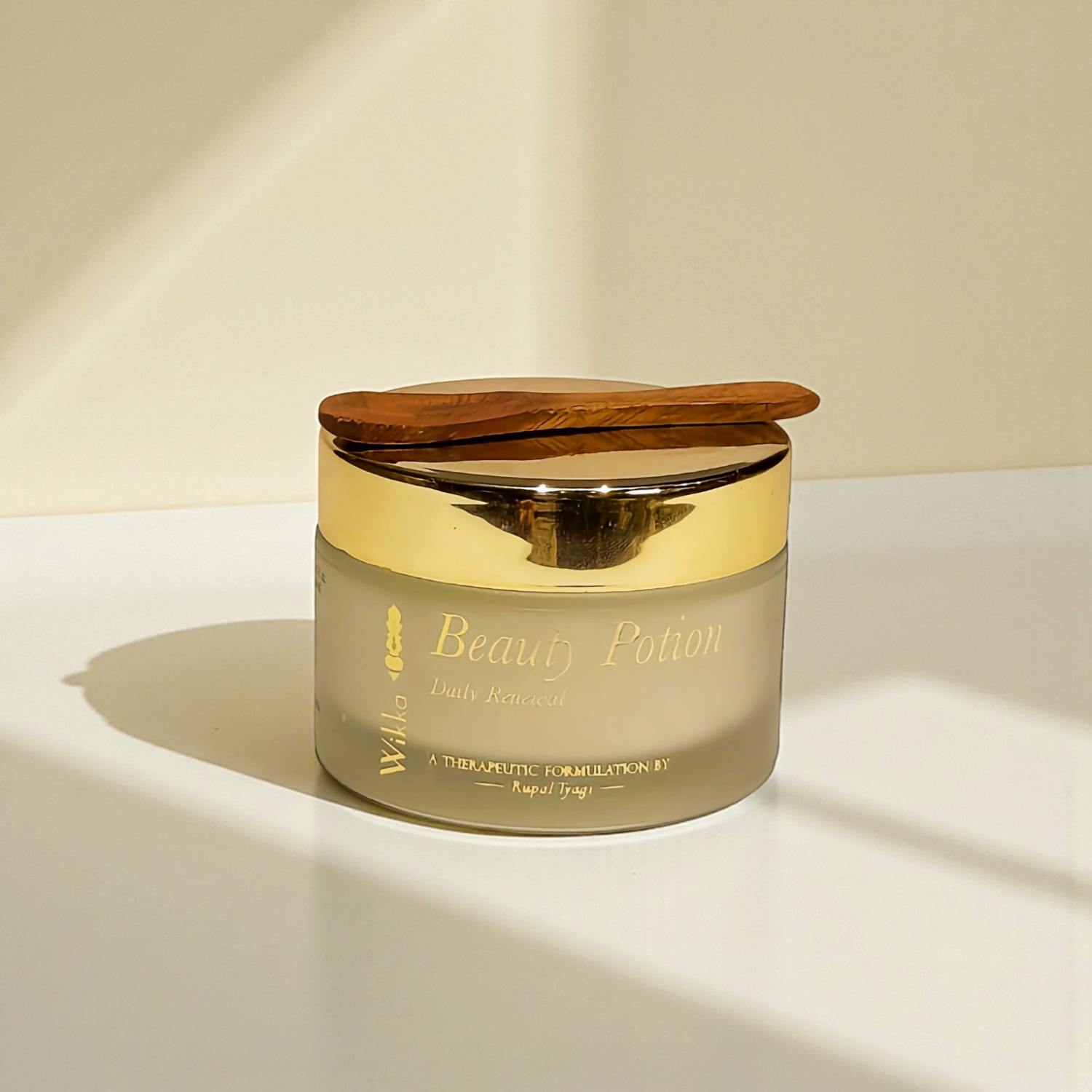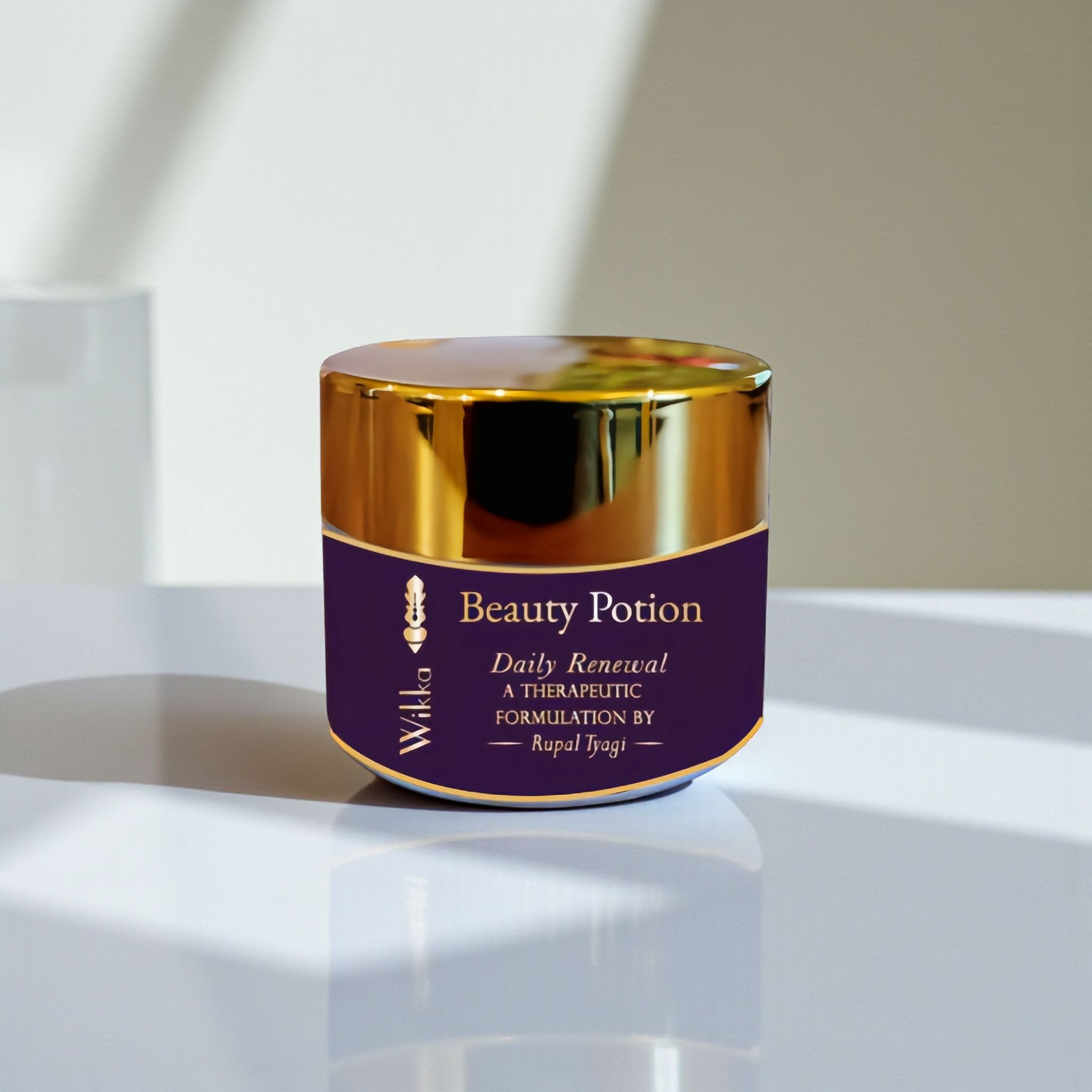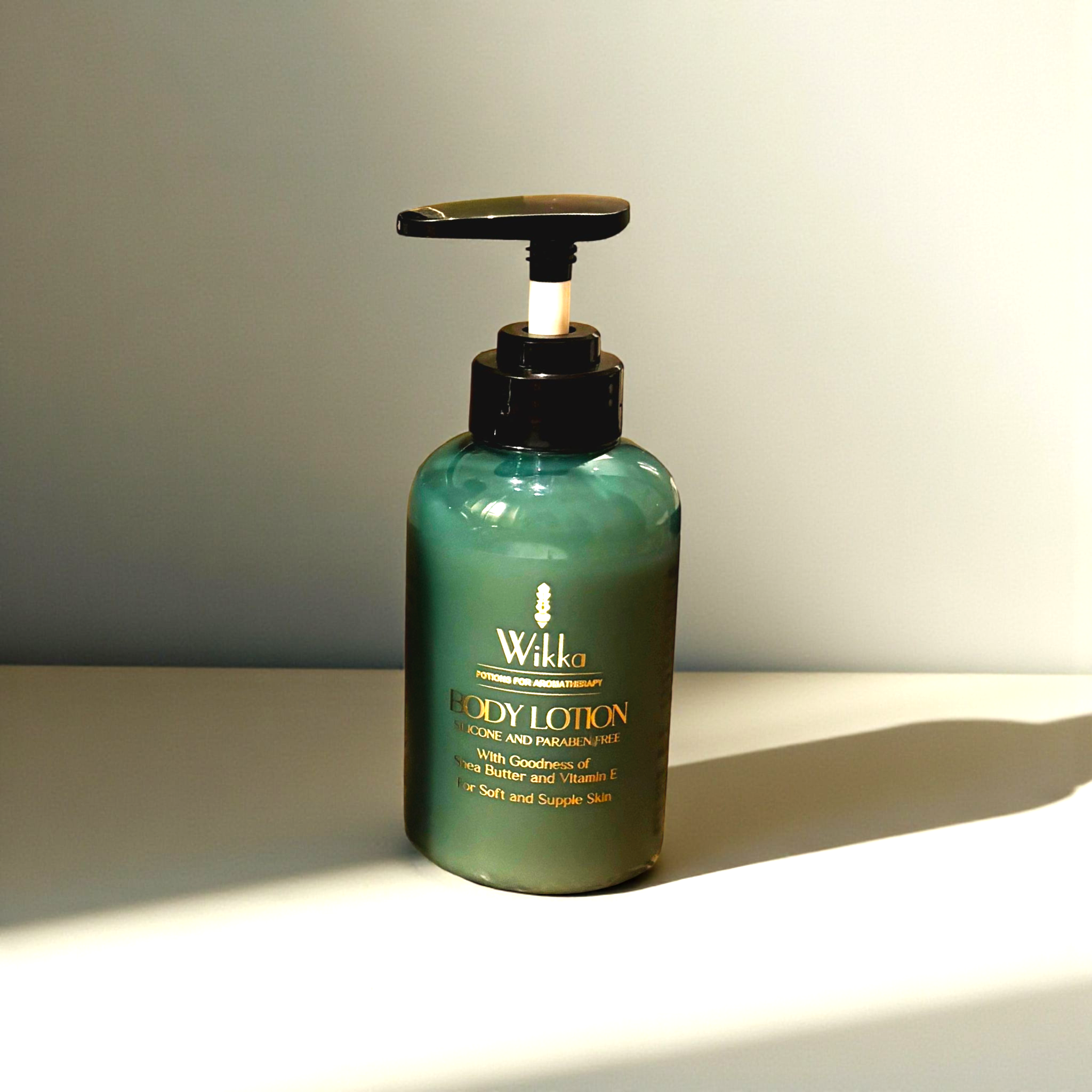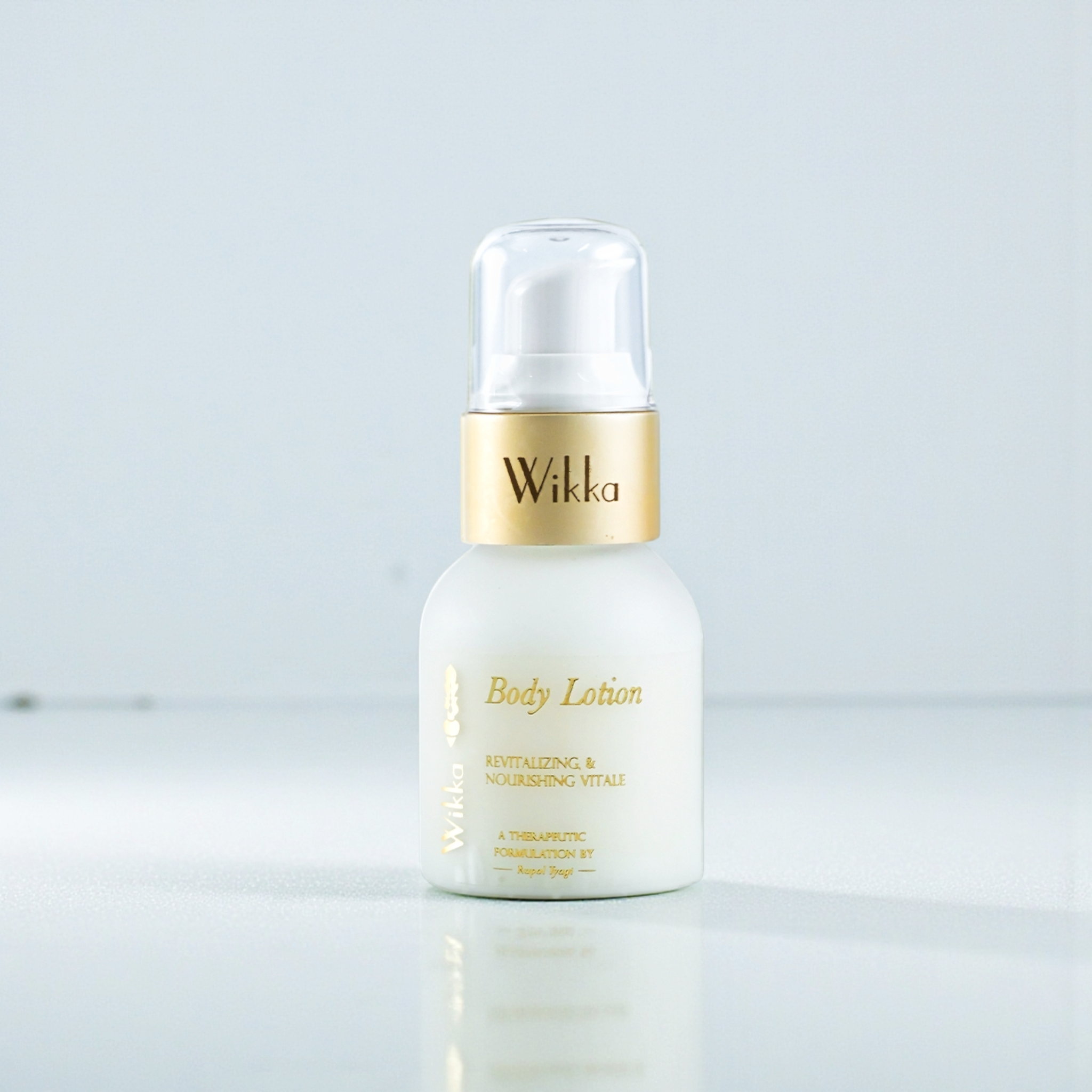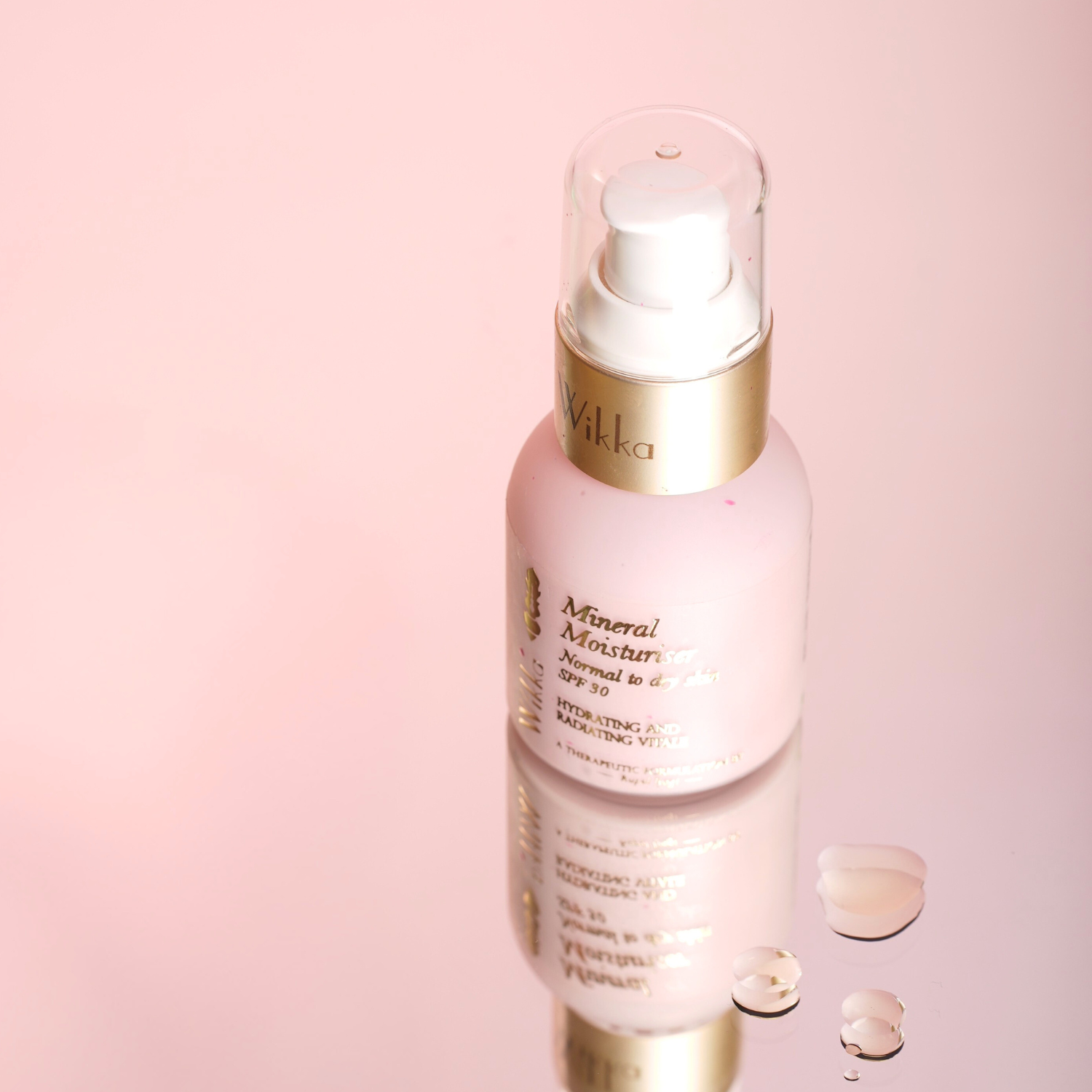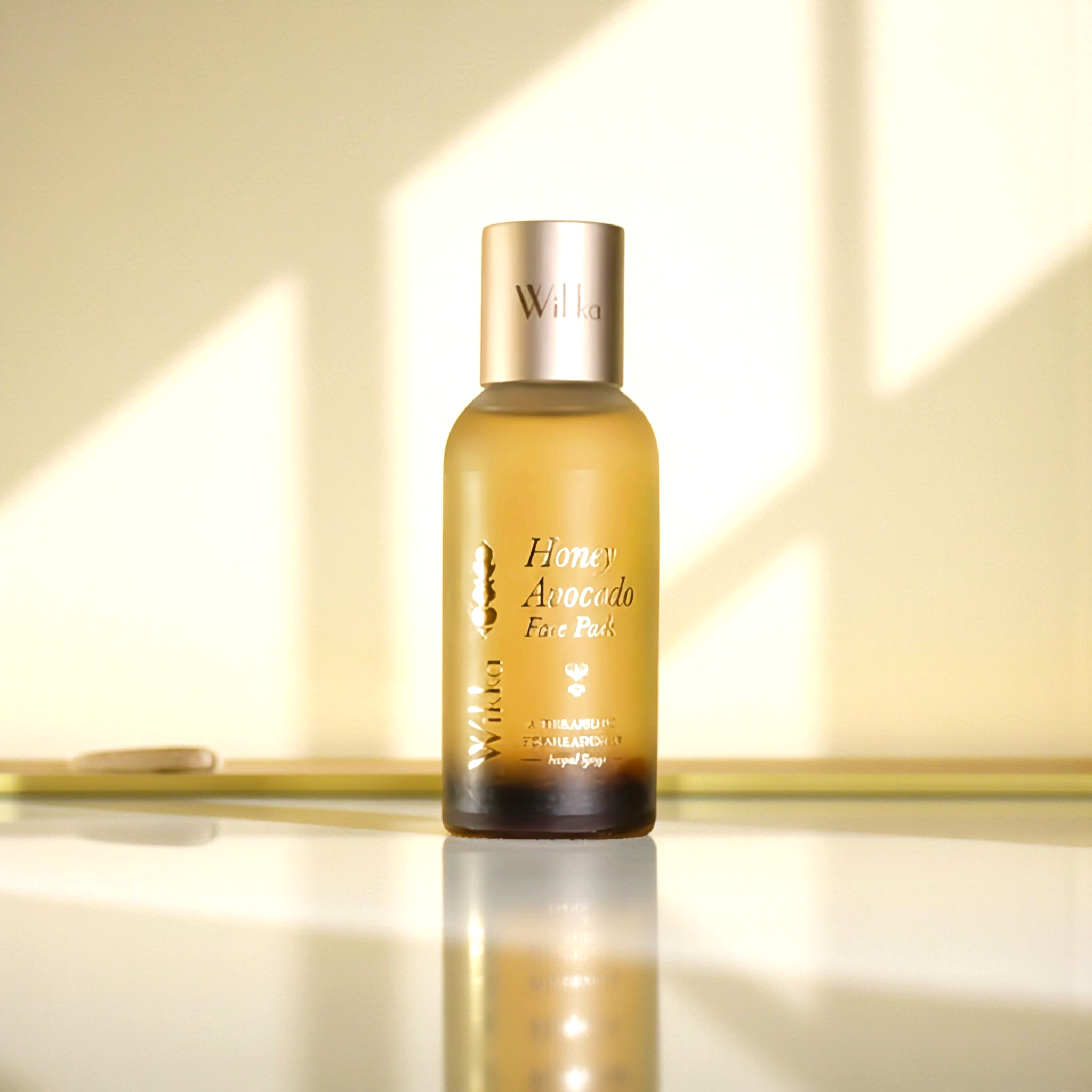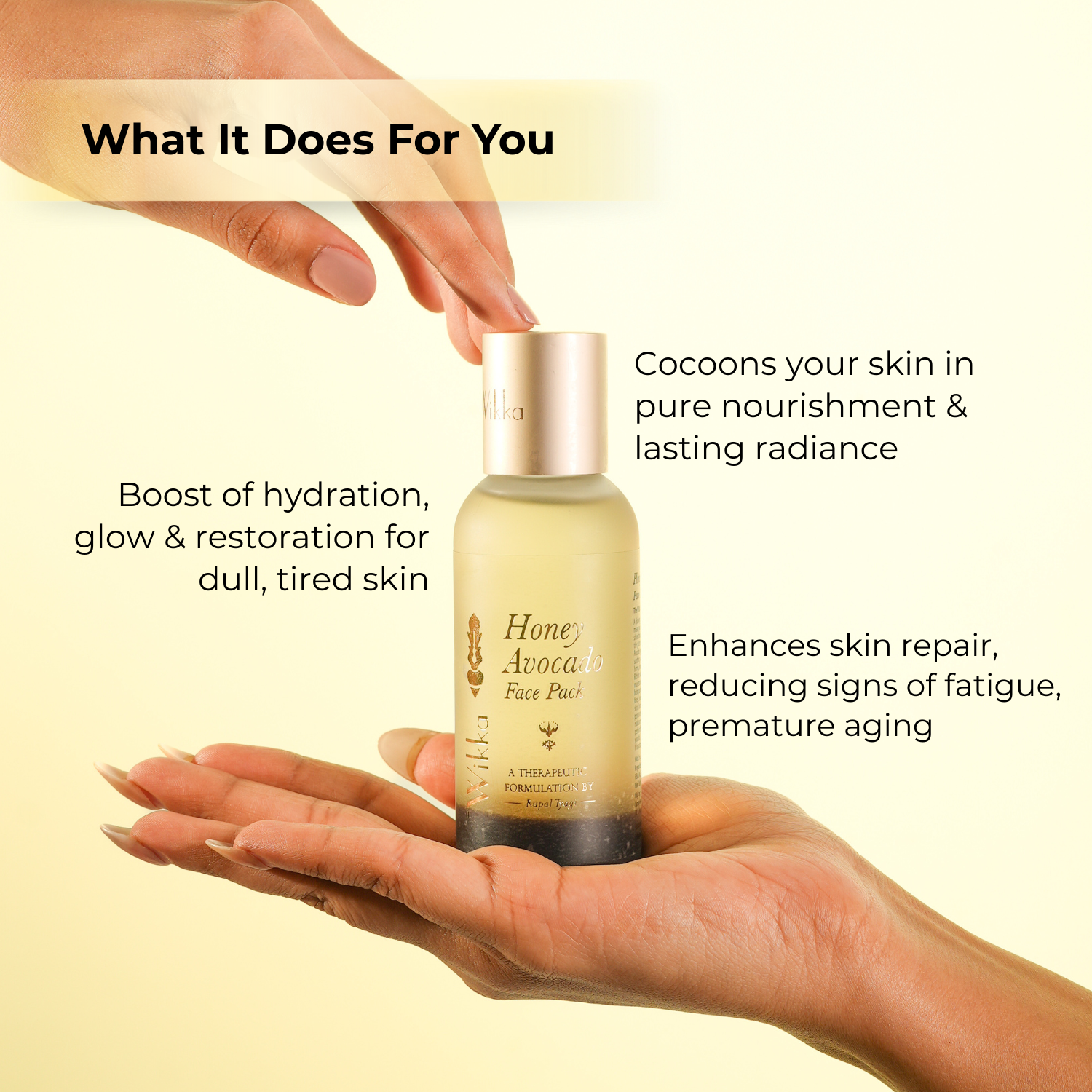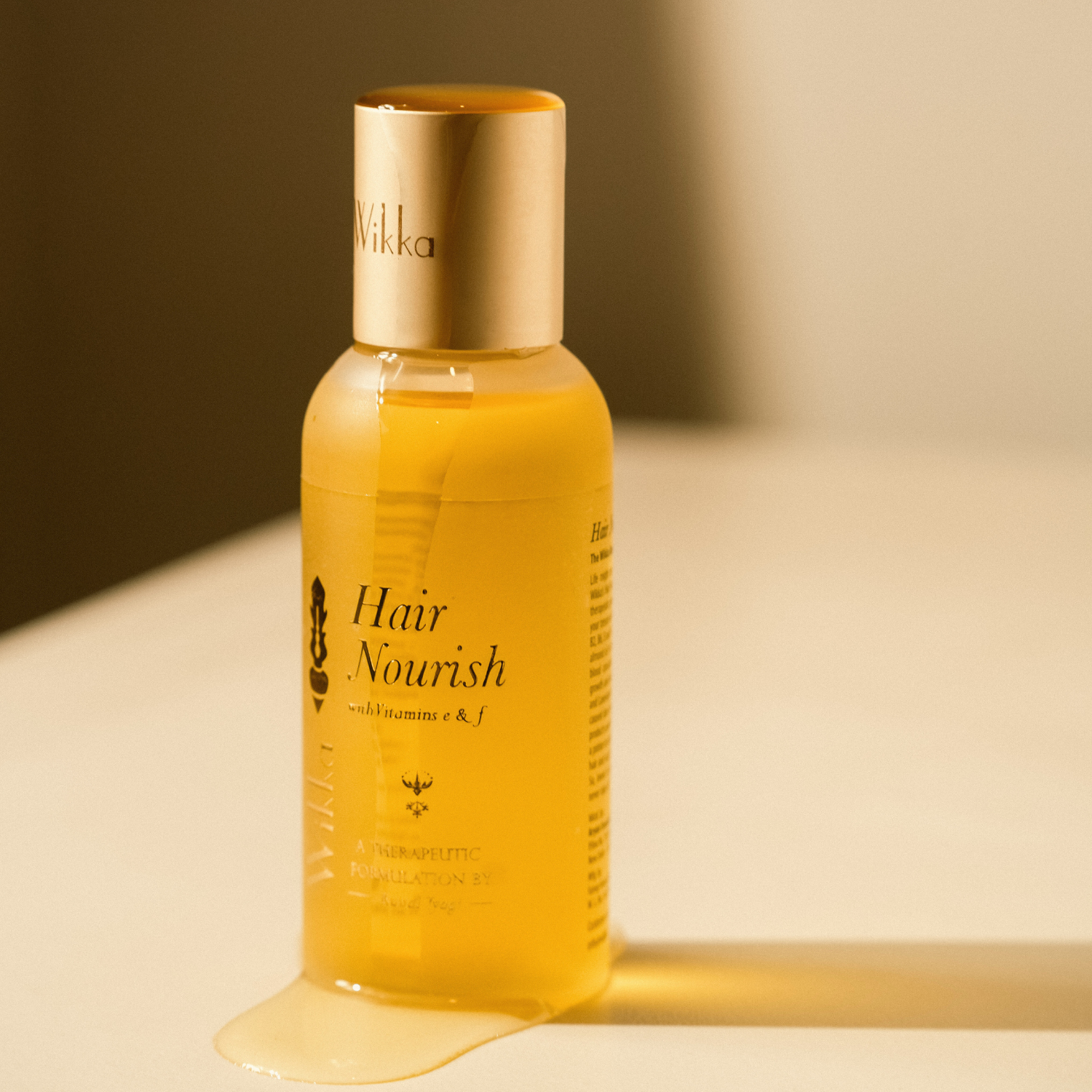
Aromatherapy and the way forward
Aromatherapy has long been recognized for its ability to enhance both emotional and physical well-being. As this ancient practice becomes increasingly popular in modern wellness routines, research into its mechanisms and benefits has grown. This surge in study provides valuable insights into how essential oils influence the body and mind.
The Origins and Principles of Aromatherapy
Aromatherapy has a history that spans thousands of years, with roots in ancient Egyptian, Indian, and Chinese cultures where plant extracts and aromatic oils were used for medicinal, spiritual, and cosmetic purposes. The modern concept of aromatherapy was popularized in the early 20th century by French chemist René-Maurice Gattefossé, who studied the healing properties of essential oils. It happened when his wound started healing naturally after treating it with lavender oil and the rest is history where he devoted most of his time in researching different uses of essential oils.
The principles of aromatherapy revolve around the therapeutic use of natural plant extracts, primarily essential oils, to enhance physical, emotional, and mental well-being. It works through inhalation and topical application, influencing the limbic system (which regulates emotions) and interacting with the skin to promote healing. Aromatherapy is based on holistic healing, emphasizing balance, relaxation, and the body's natural ability to restore itself.
Scientific Foundations of Aromatherapy
Recent aromatherapy research has begun to decode the complex interplay of bioactive compounds found in essential oils. Studies suggest that when inhaled or applied topically, these compounds interact with the limbic system—the brain’s emotional center—to influence mood, memory, and stress responses.
For instance, the popular lavender oil is widely known and celebrated for its calming properties. Clinical trials have demonstrated its effectiveness in reducing anxiety, improving sleep quality, and even alleviating symptoms of mild depression. Similarly, peppermint oil has demonstrated potential in managing headaches and enhancing focus, while tea tree oil is widely recognized for its antimicrobial properties.
Emerging Trends in Aromatherapy Research
1. Personalized Aromatherapy: Scientists are exploring how genetic differences affect individual responses to essential oils, paving the way for personalized therapeutic approaches.
2. Integration with Technology: Innovations such as smart diffusers and wearable aromatherapy devices are enhancing the accessibility and convenience of aromatherapy practices.
3. Mental Health Applications: Given the increasing prevalence of mental health issues, researchers are exploring how aromatherapy can serve as a complementary treatment for conditions such as PTSD, ADHD, and generalized anxiety disorder.
The Future of Aromatherapy
The future of aromatherapy remains promising despite challenges such as sustainability concerns, and the risk of misinformation. As scientific research continues to validate the therapeutic benefits of essential oils, aromatherapy is gaining credibility as an alternative therapy and mental wellness. Innovations in extraction techniques and ethical sourcing are helping to address sustainability issues, ensuring the availability of pure and high-quality oils. Additionally, increasing consumer awareness about safe usage and the rise of personalized wellness solutions are driving growth in the industry. With a focus on evidence-based practices and responsible consumption, aromatherapy is set to evolve as a key player in holistic health and self-care.
Conclusion
As the science of aromatherapy continues to evolve, it bridges the gap between ancient wisdom and modern medicine. By harnessing the power of nature’s scents, we can unlock new possibilities for holistic health and well-being..
Rupal Shabnam Tyagi is an Aromatherapy Expert, Perfumer and an Organic Skincare Formulator with over 15 years of experience in the discipline.

